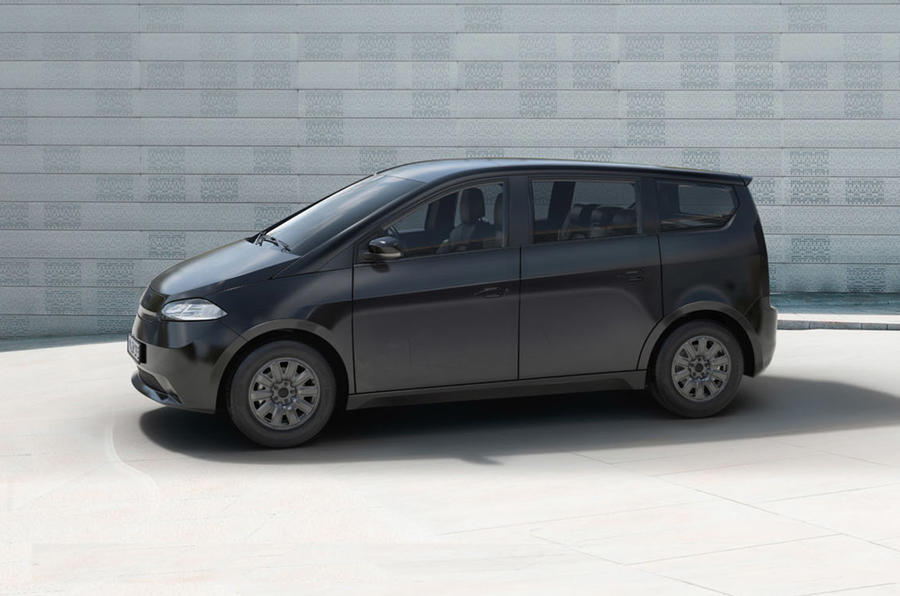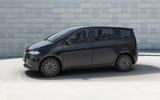German EV start-up Sono Motors has raised over €50 million (£42.5m) through crowdfunding, which it will use to produce the Sion, a solar electric vehicle (SEV).
The Sion will be built by National Electric Vehicle Sweden (NEVS) at its factory in Trollhättan, once home to now-defunct manufaturer Saab, with production set to get underway in late 2020. Sono plans to produce 260,000 Sions over eight years and claims to have secured 13,000 pre-orders.
Sono, which was founded by entrepreneurs Jona Christians and Laurin Hahn in 2016, developed prototypes of the Sion in 2017. However, money troubles forced it to delay developing a production version after discussions broke down with international investors.
A total of €53m (£45m) was raised between December and January – an average of roughly €1m (£851,000) per day. Most of this money (75%) was sourced from people who have pre-ordered a Sion, while other investors (19%) and loans and donations (6%) made up the rest of the sum.
The Sion generates power from a layer of crystalline silicon cell panels on its body, which are claimed to generate enough electricity to power the car for up to 18.6 miles of driving per day. A 35kWh lithium ion battery pack supplies power to a 161bhp electric motor, turning the front wheels via a single-speed transmission. A 0-62mph time of less than 6.0sec and a top speed of 87mph are claimed.
Sono claims the Sion has a 158-mile range on the WLTP test cycle. It can be charged at “any charging station in Europe”, thanks to it being compatible with three different types of chargers: European household plugs (SchuKo), standard charging stations (Type 2) and rapid charging stations (CCS).
Inside, the Sion displays what Sono calls an “understated interior design”, featuring a natural air filter system, as well as a 10in infotainment display. There's also a layer of moss in the dashboard, which Sono said “provides a pleasant indoor climate by regulating humidity”.
Sono CEO Hahn said: “Fifty-three million euros, invested by the centre of society, for the forward-looking and sustainable mobility concept of a start-up is a clear signal, also directed at politicians to make adjustments.
“Electromobility and the support of young companies in Germany has to be pursued faster and more vigorously. We see it as our responsibility to live up to the trust placed in us by our supporters. Together with the community, we will continue on our path to bring the Sion into production as quickly as possible”.












Join the debate
Add your comment
€53m?
Not enough. You can't enter this game for that little money. Even if you have Dyson's money there are pitfalls to overcome.
This car has
solar panels on most fof its bodywork - from the roof (understandable) to the bonnet, and doors. So what happens when someone crashes into you? Damaged solar panels, so the car can't charge as fast, possibly meaning reduced range if you can't get a full charge in the time you have available. Ad would insurance be higher than a 'normal' passenger car because of those solar panels all over the place?
No money collected
During the campaign no funds where collected, only commitments from the participants. Since the campaign originally failed in December it restarted in January with new terms. All commitments from December are now non-bindning, they make up €32 million of the claimed €53 million. All those payments are now voluntary.No prototypes have been built, a car customizer rebuilt in 2017 two BMW i3 to look like the future Sono Sion. They are now used for customer test drives.Sono Motors are heavily indebted, had a negative equity in the latest published balance sheet (for 2018) and €16.7 million in short term loans.